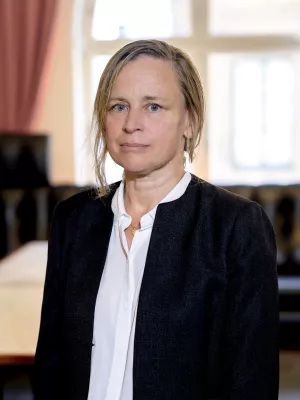
Jessica Almqvist
Professor

Global Judicial Governance of Cultural Diversity: The Role of the European Judge
Author
Summary, in English
How to manage a growing cultural and religious diversity with its origin in human mobility across the globe is a pressing theme in Europe. A process of shrinking tolerance of diversity in favour of the imposition of prohibitions of certain acts grounded in culture is now observed. Both female genital mutilation involving unjustified violence against children and women and other cultural practices believed to be oppressive, such as the full-face Islamic veil in public places, have been criminalized. This development prompts the question about the role of European judges in the enforcement and review of these bans. More generally, it brings into focus the prospects of judicial governance in times of diversity, whether it is to provide justice in individual cases, protect fundamental rights, or promote transparency in law-making processes. In this light, the aim of this paper is to examine the nature and degree of European judicial engagement with cases involving law-breaking depending on cultural differences. Of main interest are the challenges currently facing European judges in the process of judging and sanctioning the new crimes as well as in the performance of judicial review.
Department/s
- Public International Law
Publishing year
2015-12-31
Language
English
Publication/Series
ESIL Conference Paper Series No. 2/2015
Links
Document type
Conference paper
Topic
- Law
Keywords
- Human rights
- Female genital mutilation
- Islamic veil
- Immigrant women
- Tolerance
- European Court of Human Rights
- Cultural diversity
- Mänskliga rättigheter
Status
Published
Research group
- Public International Law